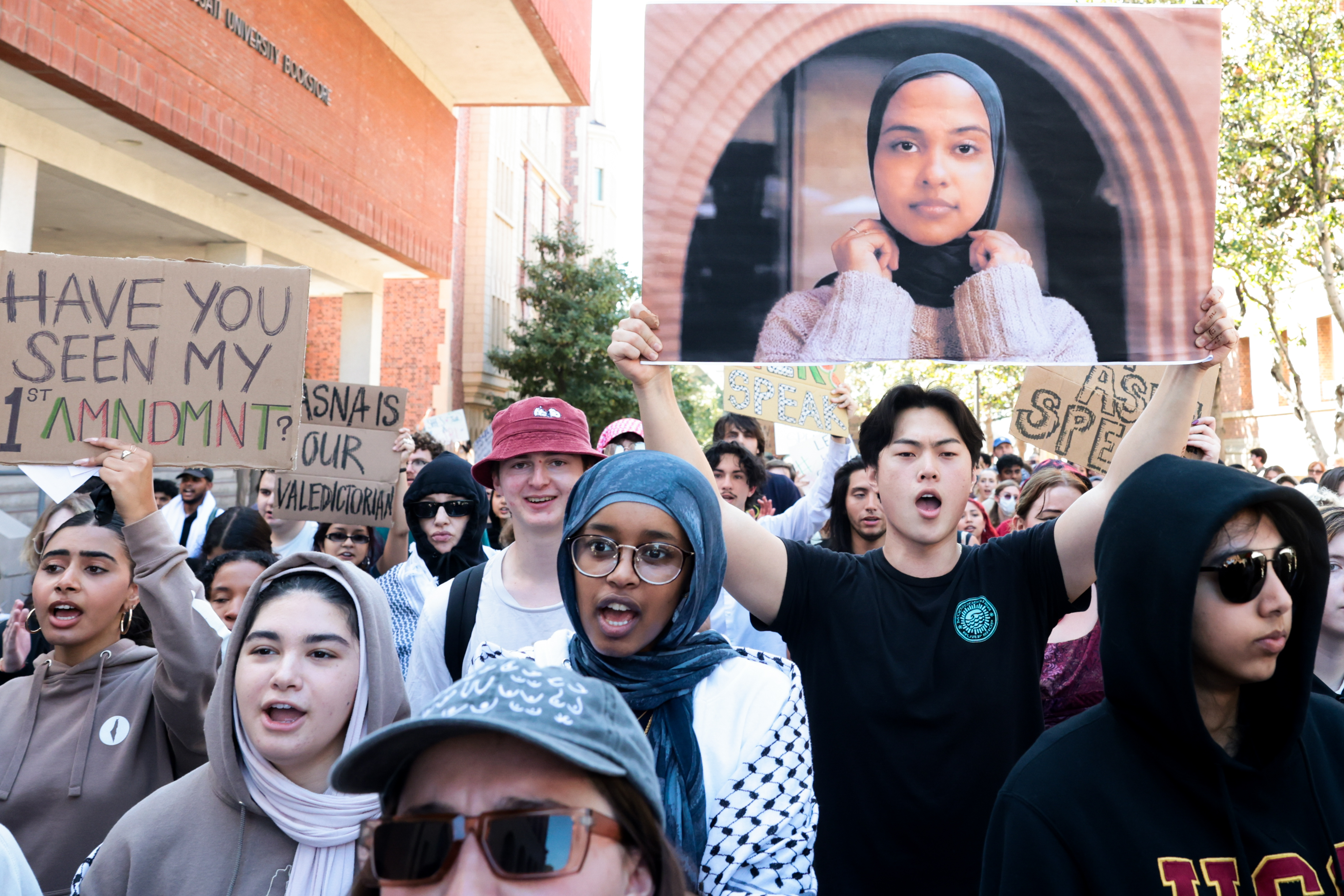A fresh tremor rattled Ecuador before dawn Wednesday, a magnitude-6.1 jolt that set babies crying and shaken residents pouring once again into the streets, fearful of yet more damage following a monster earthquake over the weekend.
It was the strongest aftershock yet following Saturday's magnitude-7.8 quake that killed more than 500 people. Some people in Portoviejo abandoned their homes, even those with no apparent damage, and headed through the night toward a former airport where temporary shelters have been set up.
The U.S. Geological Survey said the tremor was centered offshore, 25 kms (15 miles) west of Muisne, at 3:33 a.m. local time. The previous strongest aftershock was magnitude 5.7.
Meanwhile, scenes of mourning multiplied all along Ecuador's normally placid Pacific coastline as people began burying loved ones and hope faded that more survivors will be found. Funeral homes were running out of caskets, and local governments were paying to bring in coffins from other cities.
In the small town of Montecristi, near the port of Manta, two children were among those buried Tuesday. They were killed with their mother while buying school supplies when the big quake struck.
The funeral had to be held outside under a makeshift awning, because the town's Roman Catholic church was damaged and unsafe. Family members wailed loudly and one man fainted as the children were laid to rest in an above-ground vault.
The government put the death toll at 553 on Wednesday — up from a previous official toll of 525 — but officials expected more bodies to be found. At least 100 people remain missing and another 4,600 injured. At least 11 foreigners among the dead, including two Canadians and three Cuban doctors who had been on a medical mission to Ecuador.
U.S. & World
The final toll could surpass casualties from earthquakes in Chile and Peru in the past decade.
Among the survivors, the situation was growing increasingly tense. While humanitarian aid has been pouring in from around the world, distribution is slow. In Manta on Wednesday, residents waited for hours under the tropical midday sun for water and food supplies. The army kept control behind fenced barricades.
Yet even as grief mounted, there were glimmers of hope.
In several cities, rescuers with sniffer dogs, hydraulic jacks and special probes that can detect breathing from far away continued to search for survivors among the rubble. At least six were found in Manta early Tuesday.
One of the most hopeful tales was that of Pablo Cordova, who held out for 36 hours beneath the rubble of the hotel where he worked in Portoviejo, drinking his own urine and praying that cellphone service would be restored before his phone battery died. He was finally able to call his wife Monday afternoon and was pulled from the wreckage soon after by a team of rescuers from Colombia
Cordova's wife had given up on ever seeing him again and managed to buy a casket.
"They were organizing the funeral, but I've been reborn," Cordova said Tuesday, grinning from beneath his bushy mustache in a provincial hospital. "I will have to give that coffin back because I still have a long way to go before I die."
Rescuers who have arrived from Mexico, Colombia, Spain and other nations said they would keep searching for survivors Wednesday, but cautioned that time was running out and the likelihood of finding more people alive grew smaller with the passage of every hour.
Even as authorities begin to shift their attention to restoring electricity and clearing debris, the earth continued to move. Local seismologists have recorded more than 400 aftershocks, some felt 105 miles (170 kilometers) away in the capital of Quito.
Saturday's earthquake destroyed or damaged about 1,500 buildings, triggered mudslides and left some 23,000 people homeless, the government said. It was the worst temblor in Ecuador since one in 1949 killed more than 5,000 people.
Some 13 nations are involved in the relief effort. Cuba, which suffered the deaths of three doctors in the quake itself, sent more health workers. Venezuela has flown in food and the U.S. government said Tuesday that it was sending a team of disaster experts as well $100,000 in assistance.
President Barack Obama spoke by phone with Ecuadorean President Rafael Correa on Tuesday. The White House said Obama offered condolences on behalf of the American people for lives lost.
Correa has spent the past days overseeing relief efforts and delivering supplies. On Wednesday he said he would soon announce economic measures to help rebuild. The quake, he said caused $3 billion in damage, about 3 percent of gross domestic product.
"This isn't a problem of just three days, three weeks or three months," he said. "It's a problem that will take years."
After a deadly earthquake in Chile in 2010, that South American country was able to get back on its feet quickly thanks to a commodities boom that was energizing its economy. But Ecuador must rebuild amid a deep recession that has forced austerity on the OPEC nation's finances. Even before the quake, the International Monetary Fund was forecasting the oil-dependent economy would shrink 4.5 percent this year.
Reflecting some of the desperation, residents in Manta could be seen scavenging through the rubble, no longer looking for loved ones but trying to salvage metallic objects and other items of value.



